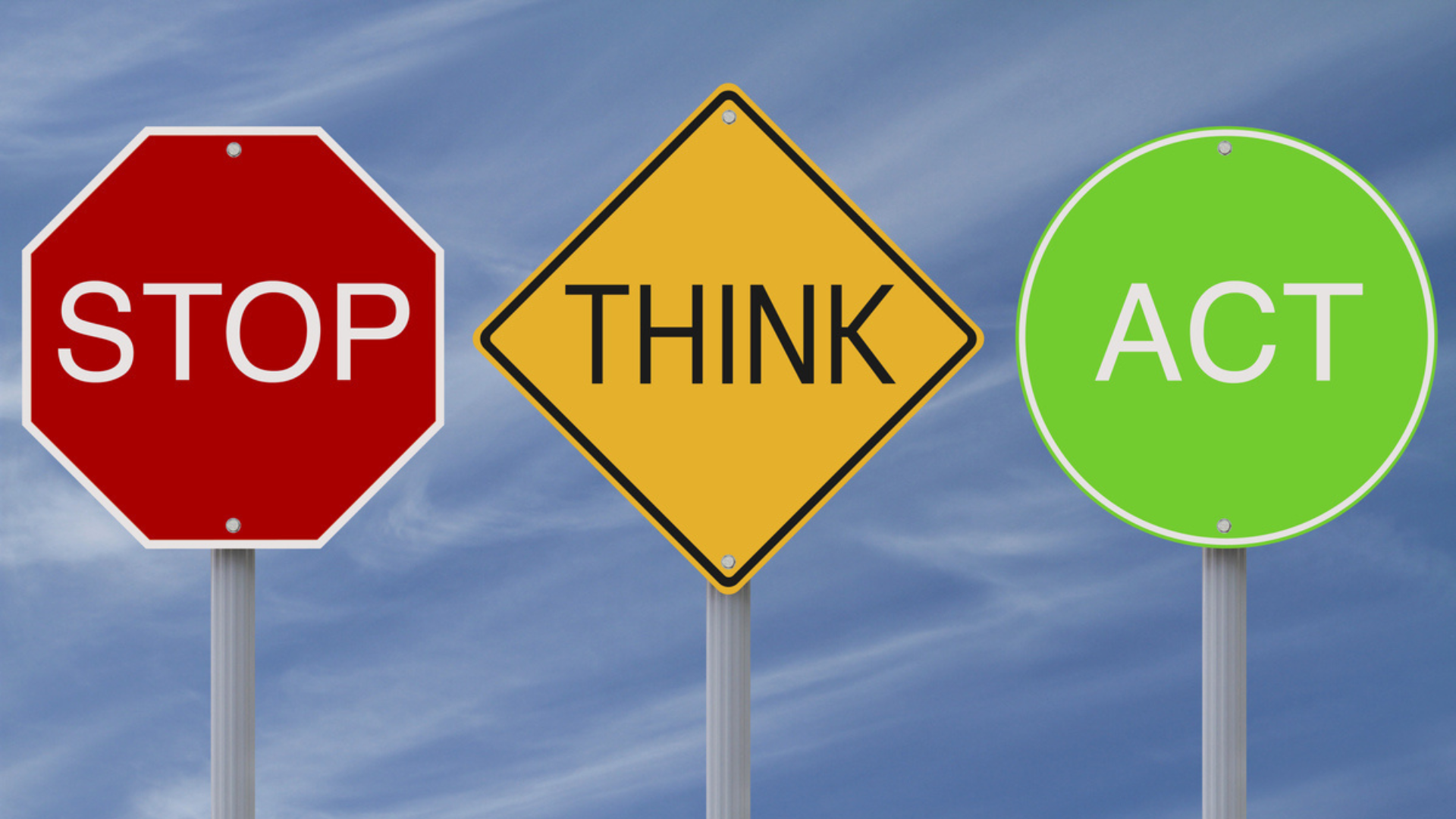Understanding Action Bias and Its Impacts
Why We Act First, Think Later
Imagine this: You’ve just received a text from your crush, but it’s a little vague. You’re not quite sure what they mean, but instead of waiting for more context or thinking it through, you start firing off responses immediately.
Or maybe you’re in a class where the teacher asks a question, and even though you’re unsure of the answer, you blurt something out just to avoid the awkward silence. Sound familiar? That’s action bias at play – the urge to act first, think later.
For many of us, especially in a fast-paced world full of constant notifications and pressure, we feel like doing something is always better than doing nothing. But is that really the case? Let’s dive into why this happens and how it can impact your daily decisions.
What exactly is Action Bias?
Action bias refers to the psychological tendency to prioritise action over inaction, often without adequate thought or analysis. It’s a cognitive inclination that leads us to believe that taking any action is inherently productive and beneficial, even when the most effective choice might be to wait, gather more information, or do nothing at all.
The roots of action bias are tied to several factors:
- Desire for control: When facing uncertainty or problems, acting gives a sense of control, even if the action might not solve the issue.
- Cultural norms: Societies often reward decisiveness and productivity, reinforcing the idea that action is always better than inaction.
- Emotional triggers: Fear of missing out (FOMO), regret, and social pressures can push people into making hasty decisions.
Examples of Action Bias in Everyday Life
Scenario : The Irresistible Sale
Picture this: you’re shopping online and come across a product you’ve had your eye on. You’re not sure if you need it, but then you see it’s on sale. The fear of missing out on a good deal kicks in and before you know it, you’ve bought something you may not even use. That’s action bias at work—prioritising action (buying) over thoughtful consideration of whether the product is truly needed.
The Impact of Action Bias
Whilst taking action can sometimes lead to positive outcomes, the action bias can result in poor decision-making. Decisions made impulsively—whether it’s buying something you don’t need or stepping into situations prematurely—may lead to regret, unnecessary stress, and missed opportunities for better solutions.
How to Overcome Action Bias
- Pause and Reflect: When faced with a decision, resist the urge to act immediately. Take time to assess the situation and think through your choices.
- Gather Information: Collect relevant data and evidence before making a move. The more informed you are, the better equipped you’ll be to make a sound decision.
- Consider Alternatives: Don’t just focus on one course of action. Explore different options and weigh the pros and cons of each.
- Seek Input: Ask others for their perspectives, as they might offer insights that you hadn’t considered.
- Practice Patience: Sometimes, waiting or doing nothing is the wisest option. Learn to appreciate the value of patience and delayed action.
Final Thoughts
Action bias often leads us to prioritise doing over thinking, driven by a need for control and the pressure to act decisively. However, by pausing, gathering information and carefully considering alternatives, you can make more thoughtful decisions. Overcoming action bias can lead to better, more effective outcomes.


